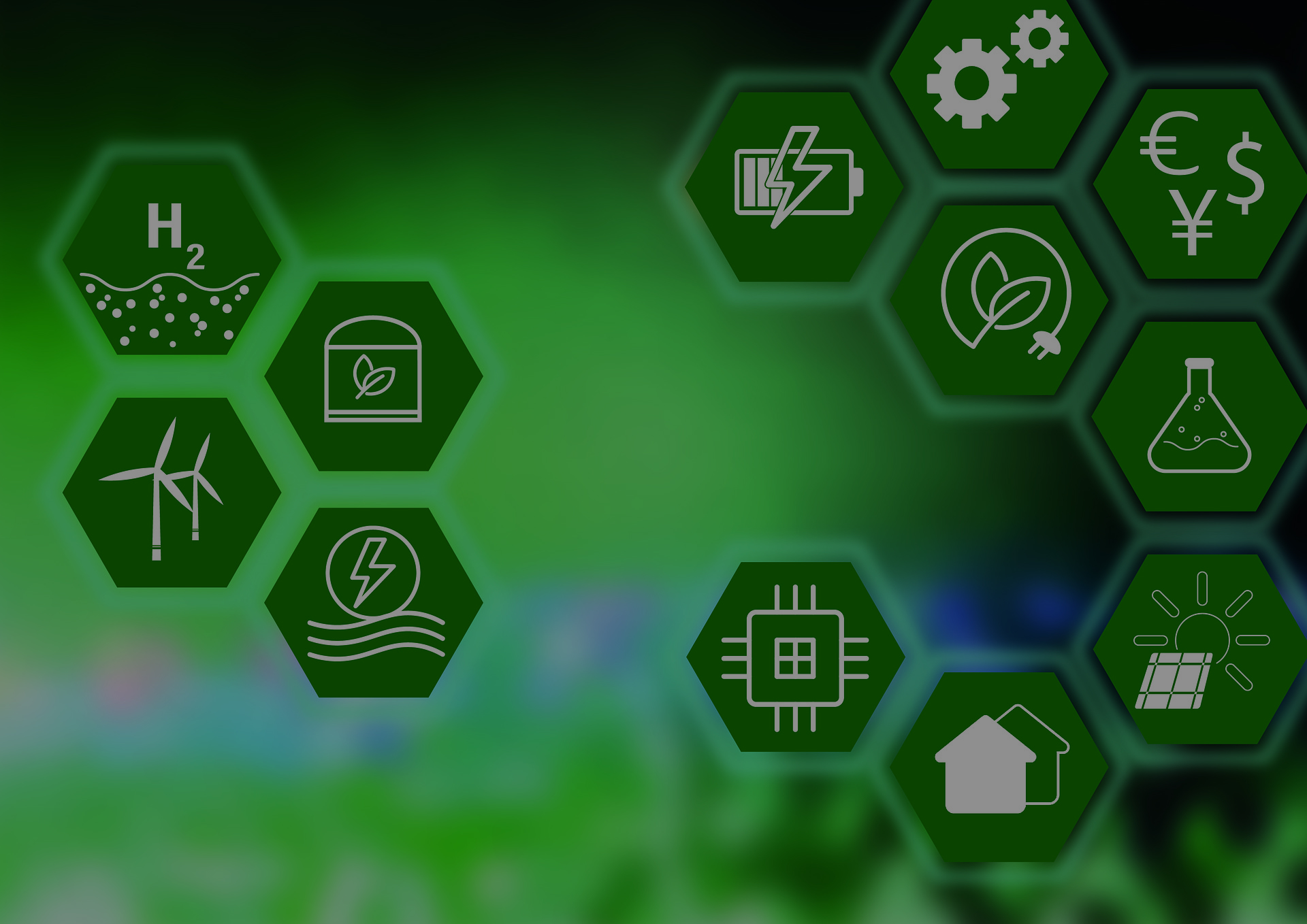Knowing the impact of different technologies is key to making more sustainable decisions in the light transport sector. Find out how they affect the environment.
Technologies and their environmental impacts:
- ⚡ Electric Vehicles:
Electric vehicles (EV) have a positive impact on reducing climate change and tropospheric ozone formation, compared to internal combustion vehicles. However, they increase the consumption of water and mineral resources due to battery production, which generates an additional environmental impact.
- 💧 Hydrogen Vehicles:
The environmental impact of hydrogen vehicles directly depends on the way in which hydrogen is produced. If it is green hydrogen, the impacts are low, but if it comes from less sustainable sources, such as grey hydrogen, the effects on water resources and emissions may be higher.
- 🛢️ Compressed Natural Gas (CNG) and Liquefied Petroleum Gases (LPG):
The use of CNG and LPG reduces climate impact and emissions compared to gasoline and diesel, due to their simpler composition. They also have a lower impact on the consumption of water and mineral resources, making them a relatively cleaner option compared to traditional fossil fuels.
Visual summary of impacts by technology:
Technology | Climate Impact | Water Resources Consumption | Mineral Resources Consumption | Toxicity and Emissions |
|---|---|---|---|---|
Electric Vehicles (EV) | ✅ Reduction | ❌ Increase | ❌ Increase | ❌ Increase |
Hydrogen Vehicles | ✅ Reduction (if renewable hydrogen) | ❌ Increase | ❌ Increase | ✅ Reduction (if renewable) |
Natural Gas (CNG) and LPG | ✅ Reduction | ✅ Low impact | ✅ Low impact | ✅ Less impact |
*Compared to gasoline and diesel vehicles*
You can download the full document on the mobility of the future and how clean technologies are revolutionizing transportation. 🚗💨




